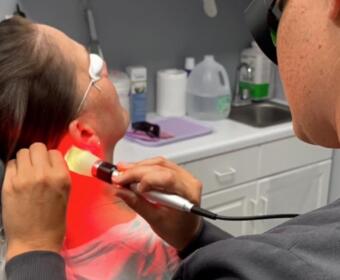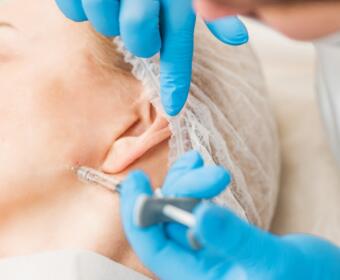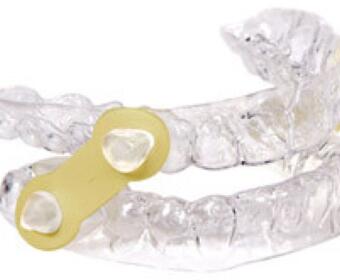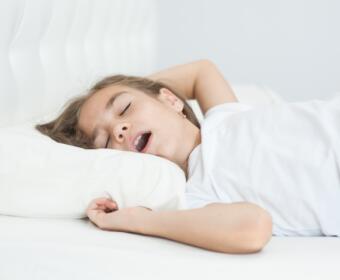
Dr. Jennifer Cornell, DDS, is a highly skilled dental professional with extensive experience in diagnosing and treating sleep apnea. With a deep commitment to improving her patients’ quality of life, Dr. Cornell specializes in providing innovative, non-invasive solutions for sleep apnea through oral appliance therapy. Her understanding of dental sleep medicine, combined with her compassionate approach to patient care, ensures that each individual receives personalized, effective treatment.

Sleep disorders cause all sorts of problems, and are more common than most people realize. Dr. Jennifer J. Cornell, DDS, at Dental Sleep and TMJ Solutions of Clarksville has answers to those problems.

Low-level laser therapy is a non-invasive treatment for TMJ symptoms that uses light to stimulate cellular activity, and it’s available through Dental Sleep & TMJ Solutions of Clarksville.

Sleep disorders cause all sorts of problems, and are more common than most people realize. Dr. Jennifer J. Cornell, DDS, at Dental Sleep and TMJ Solutions of Clarksville has answers to some of the questions, including about teeth grinding, or bruxism.

Sleep disorders cause all sorts of problems, and are more common than most people realize. Dr. Jennifer J. Cornell, DDS, at Dental Sleep and TMJ Solutions of Clarksville has answers to some of the questions that come up, including about whether Botox good for TMJ pain?

Sleep disorders cause all sorts of problems, and are more common than most people realize. Dr. Jennifer J. Cornell at Dental Sleep and TMJ Solutions of Clarksville has answers to some of the questions, including about CPAP alternatives.

Sleep disorders cause all sorts of problems, including bruxism. Dr. Jennifer J. Cornell, DDS, at Dental Sleep and TMJ Solutions of Clarksville has answers that can help.

Choosing not to treat mild sleep apnea can lead to a range of short-term and long-term health issues. While mild sleep apnea might not seem immediately severe, its untreated state can gradually contribute to various problems,

Mouth breathing, when chronic or habitual, can indeed have negative effects on health for several reasons.
